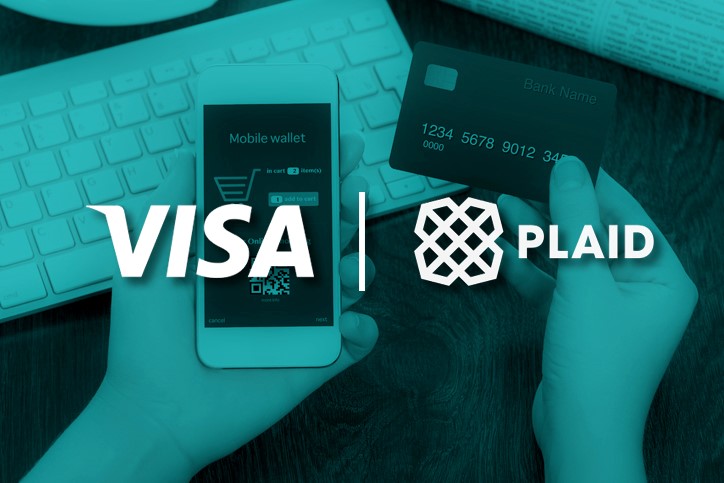
One year ago, almost to the day, Fiserv surprised the payments world by announcing its acquisition of First Data, setting off a wave of payments consolidation that by midyear had narrowed a list of six leading processors and bank service providers down to three. Following this flurry of activity, it was widely assumed that FIS, Global Payments and Fiserv would be occupied with integration tasks for the foreseeable future, potentially leaving payments M&A destined for a short breather. But wait – there’s more.
Last week, Visa made a similarly unexpected splash with its $5.3 billion acquisition of Plaid, a major Fintech player in the mobile payments space. The deal involves a rationale that stands apart from 2019’s trio of major transactions, and a different breed of players – particularly Plaid, a textbook startup “Unicorn.”
Let’s consider the “whys” behind the Visa-Plaid deal, and the changes banks and credit unions can expect as a result.
Building and Riding, the Next Set of Rails
The 2019 payments mergers were driven in large part by a desire for scale, pushing greater volume across existing debit, credit and ACH rails. Visa, by contrast, appears focused on acquiring disruptive payments technology and positioning itself for the next wave to come – potentially to the east, in light of recent news on the US-China trade front.
In one sense, Visa’s acquisition of Plaid can be viewed as a defensive move; Plaid and similar providers’ success in commercializing APIs has placed established debit and credit revenue streams at greater long-term risk.
With Plaid as part of its product suite, Visa will exert more influence over the nature of this evolution. Visa has also put itself in position to develop the next set of rails, rather than merely reacting to the moves of fast-growing competitors. In addition to Plaid’s vast library of APIs and connections, Visa also acquired an impressive array of technical talent.
In today’s hyper-competitive labor market where skilled developers are in high demand, Plaid’s workforce is a premium asset. Visa now faces the challenge of integrating two rather different corporate cultures and limiting attrition across Plaid’s sought-after programmer base. But every merger faces its hurdles.
No Longer Merely Scraping By
Visa’s decision also serves as a strong signal that it sees open APIs as a viable long-term business model. Already, open banking is mandated in the UK and much of Europe; it has been slower to develop in the United States, but large banks are now striking data sharing agreements with fintechs for the seamless exchange of information, in part to end the much loathed practice of screen scraping.
Plaid’s core value proposition revolves around making it easier for financial institutions and other parties to share consumer permitted data. The addition of Visa’s reach should help to level the playing field, making it more practical for regional and community-sized financial institutions to participate in such arrangements – enabling them to keep pace with customer expectations by offering services like money transfer and budgeting insights.
Consider the recent skirmish in which PNC shut off customers’ access to Venmo, which coincidentally runs through Plaid APIs. Ostensibly done for security reasons, PNC conveniently paired its messaging with a nudge for consumers to shift to its Zelle P2P offering. With Plaid now joining the “banking establishment,” the tenor of such squabbles will likely change.
The Bottom Line: The ink has barely dried on the merger agreement, so there are certainly more twists and revelations to come. As we saw last spring, these types of moves often trigger a series of competitive responses, so deal announcements in the coming months by other card networks would not be a surprise. In any event, Visa has made a bold statement that it intends to defend its leadership position in payments and is willing to engage with the new generation of players to do so.
For more on this topic, download our white paper Payments Disruptors: Are You Prepared for the Next Wave?


